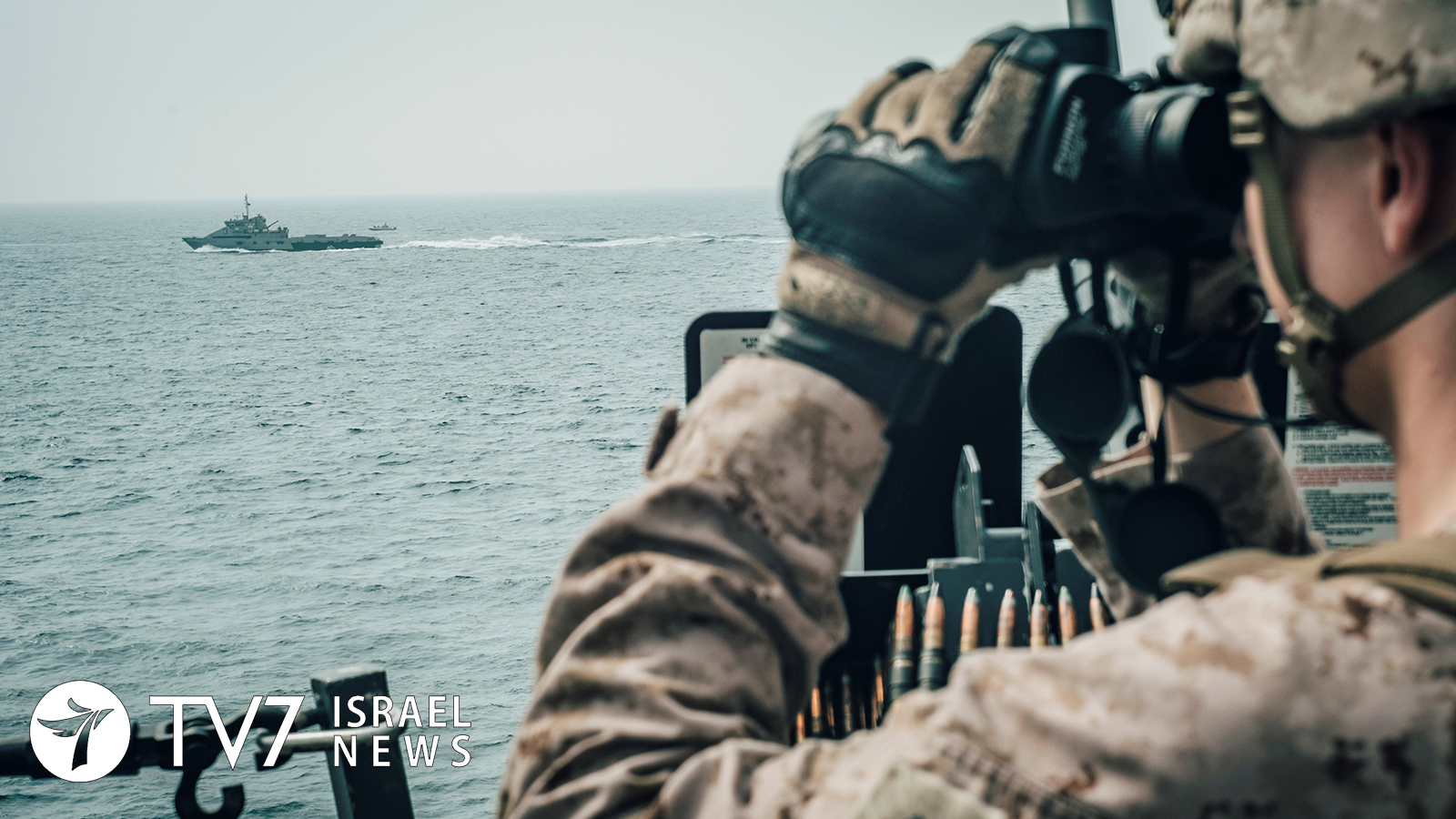A United States military ship fired warning shots after three vessels from Iran’s Islamic Revolutionary Guard Corps Navy (IRGCN) came into close proximity to it and another US patrol boat in the Persian Gulf.
The crews of the US Firebolt and Baranof vessels reportedly issued multiple warnings via bridge-to-bridge radio and loud-hailer devices, but the IRGCN vessels continued their close range maneuvers, said American military officials. The closest the Iranian fast inshore attack craft came to the American ships was 68 yards (204 feet) during the incident, which occurred Monday in international waters in the northern Gulf.
The 5th Fleet of the United States Navy accused the IRGCN of failing to exercise due regard for the safety of other vessels as required under international law.
The Iranian ships only withdrew after the altercation – which marks the second such instance this month, following similar harassment of other US ships on 2 April.
“Throughout the interaction, U.S. forces proactively communicated with the IRGC’s Naval vessels and executed pre-planned responses to reduce the risk of miscalculation, avoid a collision, and to de-escalate the situation,” said the Fifth Fleet, underscoring that “US naval forces continue to remain vigilant and are trained to act in a professional manner, while our commanding officers retain the inherent right to act in self-defense.”
The head of US forces in the Middle East said the American military is careful not to let incidents with the IRGCN turn into a cycle of provocation. “The activities we typically see from the IRGC Navy are not necessarily activities that are directed by the Supreme Leader or from the Iranian state, rather irresponsible actions by local commanders on the scene,” said Marine Gen. Kenneth McKenzie, head of US Central Command (CENTCOM).
CENTCOM later released a post on its official Twitter account, reading: “The Firebolt and Baranof crews operated with distinct professionalism, superior seamanship and dispassionate yet firm resolve.”
The incident came as world powers and Iran seek to accelerate efforts in Vienna to bring both Washington and Tehran back into compliance with the 2015 Joint Comprehensive Plan of Action nuclear accord. Top Israeli security officials are in Washington to present Israel’s concerns over Iran, and the White House has made overtures meant to reassure its Gulf Arab allies on the status of the talks.
